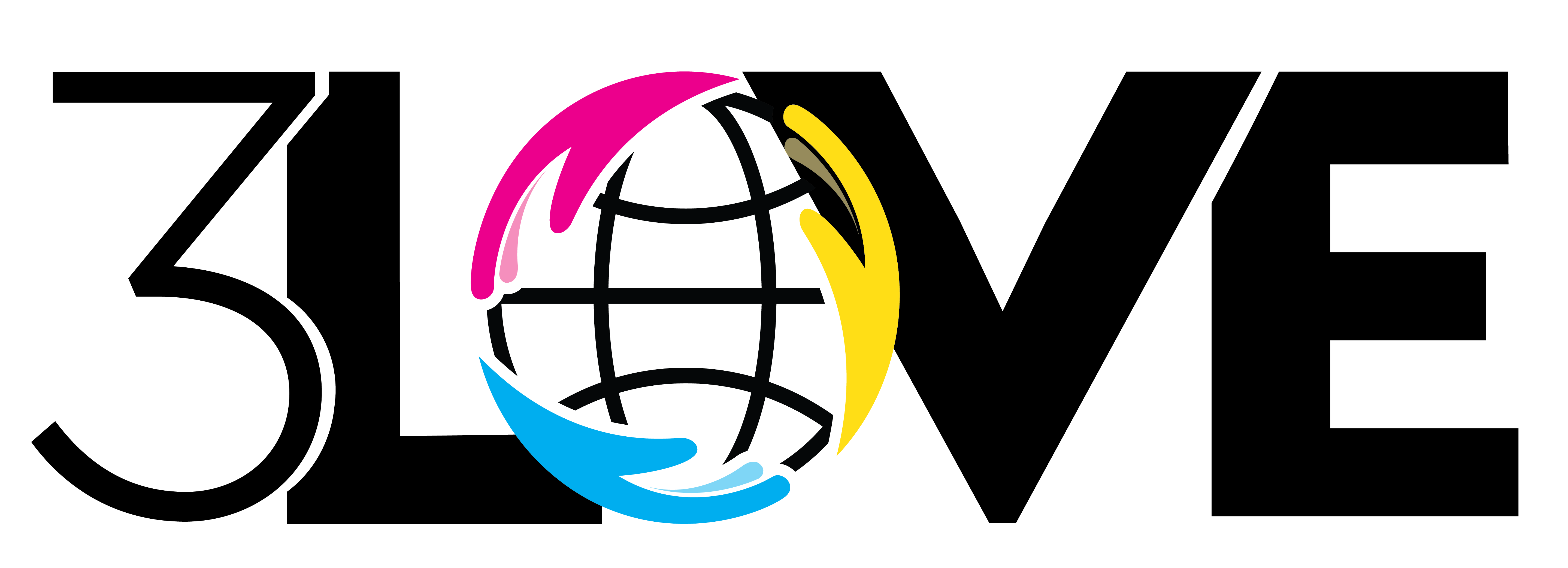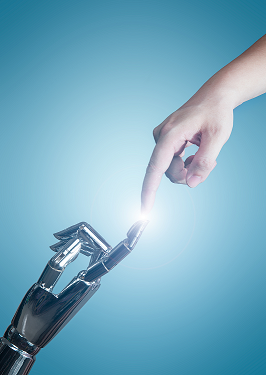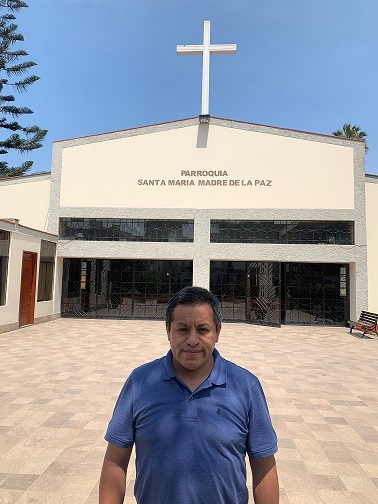International Education Day is commemorated on January 24. Education is the foundation for a just, egalitarian and self-reliant society. In the context of the advancement of Artificial Intelligence, it is important to review how it offers some advantages and challenges to education.
Importance of education
Education increases people’s productivity and, as a result, their potential for gainful employment. Education helps eradicate poverty and hunger, contributes to better health, promotes gender equality and reduces inequality. In short, it is fundamental to shaping future generations, forging better citizens.
Education offers children an opportunity to lift themselves out of poverty and a path to a promising future. Yet 244 million children and youth are out of school, 617 million children and adolescents cannot read or have basic math skills; less than 40% of girls in sub-Saharan Africa complete lower secondary education, and some 4 million refugee children and youth are unable to attend school. In short, the right to education of these people is seriously affected.
Artificial Intelligence and Education: Preserving Human Agency in a World of Automation
On International Education Day 2025, UNESCO has designated the theme “Artificial Intelligence and Education: Preserving Human Agency in a World of Automation” to reflect on the power of education to equip individuals and communities to navigate, understand and influence technological advances.
As computer and AI systems become more sophisticated, the boundaries between human intention and automated action are blurring, raising critical questions about how to preserve, redefine and, ideally, elevate human agency in an era of technological acceleration.
According to recent surveys, in higher-income countries, more than two-thirds of secondary school students use generative AI tools to automate the completion of academic tasks. Teachers and schools are also employing AI technologies to assess and respond to student work. Learning paths, traditionally selected and defined by teachers and curriculum development experts, are increasingly being determined by AI-enabled machines.
In higher education, AI plays a role in everything from teaching to admissions and certification processes. In addition, AI tools are helping to collect and analyze large sets of educational data to guide resource allocation and influence decisions as varied as teacher assignment, academic calendar planning, career and psychological counseling, and dropout projection.
AI is also impacting the world of work and the skilling, up-skilling and reskilling needs. Understanding the extent to which automation and machine data analysis are useful is ultimately the responsibility of education. Research is needed to strengthen the alignment of machine decisions with human intention and values and to defer machine choices to human judgment when there is ambiguity. Clarifying how to maintain lines of accountability for actions performed by machines, both inside and outside the education sector, is also an urgent task that education and research can help resolve.
Education plays a critical role in helping individuals and groups determine which tasks should be delegated to artificial intelligence and which should remain firmly in human hands. Making these decisions requires understanding AI: the fundamentals of how it works, its current and evolving capabilities, its strengths, its limitations and its risks. Education systems around the world are being updated accordingly to help both teachers and students develop the AI competencies needed to function in a world where this technology will become increasingly ubiquitous.
The UNESCO competency frameworks for students and for teachers provide roadmaps. They clarify that AI literacy requires cultivating technical understandings as well as critical and ethical awareness of AI tools. Education helps teachers and students question not only how a tool works and for what purpose, but also under what conditions and terms it is being used. Developing the AI competencies of all students will help ensure that human agency and intention are preserved, even as technology continues to advance.


